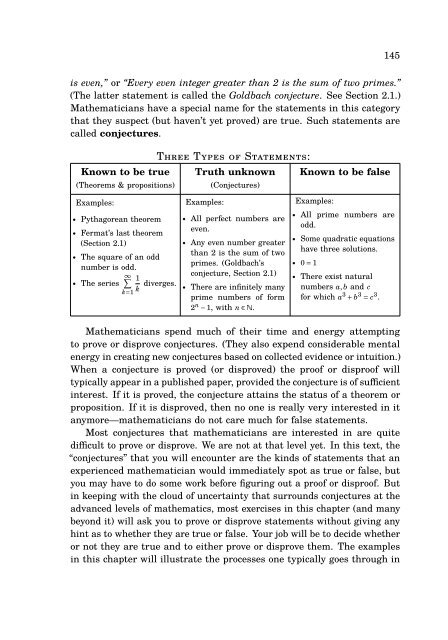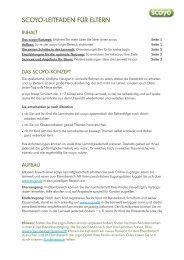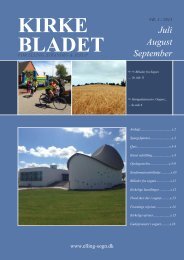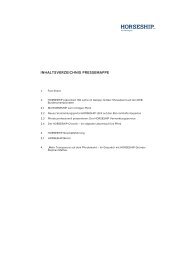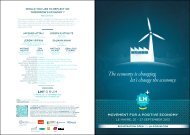Book of Proof - Amazon S3
Book of Proof - Amazon S3
Book of Proof - Amazon S3
Create successful ePaper yourself
Turn your PDF publications into a flip-book with our unique Google optimized e-Paper software.
145<br />
is even,” or “Every even integer greater than 2 is the sum <strong>of</strong> two primes.”<br />
(The latter statement is called the Goldbach conjecture. See Section 2.1.)<br />
Mathematicians have a special name for the statements in this category<br />
that they suspect (but haven’t yet proved) are true. Such statements are<br />
called conjectures.<br />
Three Types <strong>of</strong> Statements:<br />
Known to be true Truth unknown Known to be false<br />
(Theorems & propositions)<br />
(Conjectures)<br />
Examples:<br />
• Pythagorean theorem<br />
• Fermat’s last theorem<br />
(Section 2.1)<br />
• The square <strong>of</strong> an odd<br />
number is odd.<br />
∞∑ 1<br />
• The series<br />
k=1 k diverges.<br />
Examples:<br />
• All perfect numbers are<br />
even.<br />
• Any even number greater<br />
than 2 is the sum <strong>of</strong> two<br />
primes. (Goldbach’s<br />
conjecture, Section 2.1)<br />
• There are infinitely many<br />
prime numbers <strong>of</strong> form<br />
2 n − 1, with n ∈ N.<br />
Examples:<br />
• All prime numbers are<br />
odd.<br />
• Some quadratic equations<br />
have three solutions.<br />
• 0 = 1<br />
• There exist natural<br />
numbers a, b and c<br />
for which a 3 + b 3 = c 3 .<br />
Mathematicians spend much <strong>of</strong> their time and energy attempting<br />
to prove or disprove conjectures. (They also expend considerable mental<br />
energy in creating new conjectures based on collected evidence or intuition.)<br />
When a conjecture is proved (or disproved) the pro<strong>of</strong> or dispro<strong>of</strong> will<br />
typically appear in a published paper, provided the conjecture is <strong>of</strong> sufficient<br />
interest. If it is proved, the conjecture attains the status <strong>of</strong> a theorem or<br />
proposition. If it is disproved, then no one is really very interested in it<br />
anymore—mathematicians do not care much for false statements.<br />
Most conjectures that mathematicians are interested in are quite<br />
difficult to prove or disprove. We are not at that level yet. In this text, the<br />
“conjectures” that you will encounter are the kinds <strong>of</strong> statements that an<br />
experienced mathematician would immediately spot as true or false, but<br />
you may have to do some work before figuring out a pro<strong>of</strong> or dispro<strong>of</strong>. But<br />
in keeping with the cloud <strong>of</strong> uncertainty that surrounds conjectures at the<br />
advanced levels <strong>of</strong> mathematics, most exercises in this chapter (and many<br />
beyond it) will ask you to prove or disprove statements without giving any<br />
hint as to whether they are true or false. Your job will be to decide whether<br />
or not they are true and to either prove or disprove them. The examples<br />
in this chapter will illustrate the processes one typically goes through in


